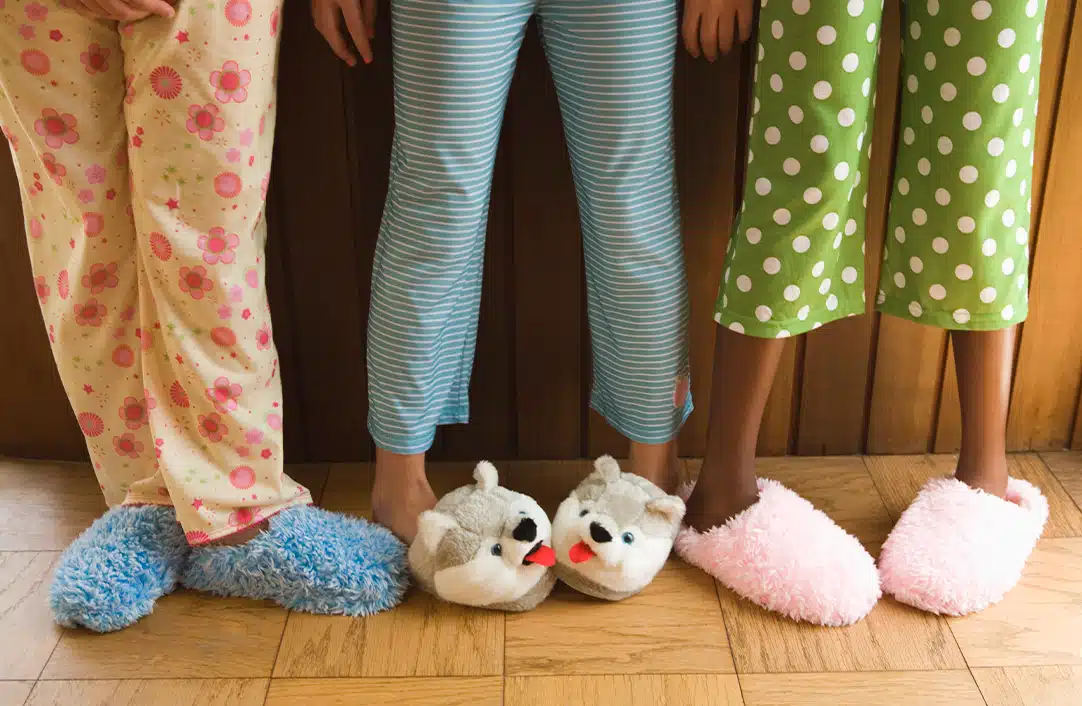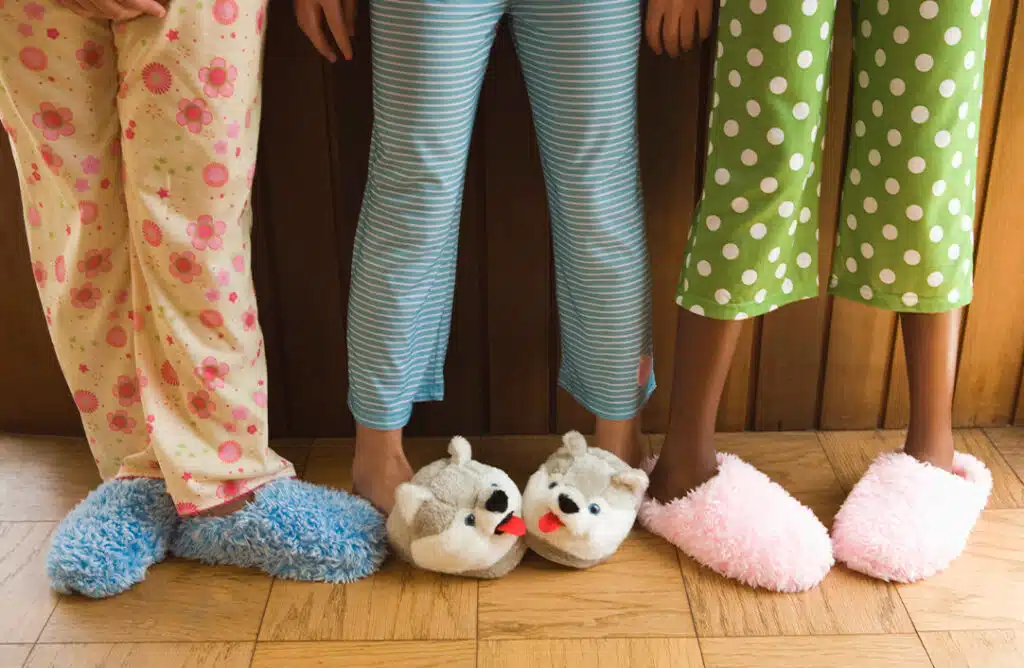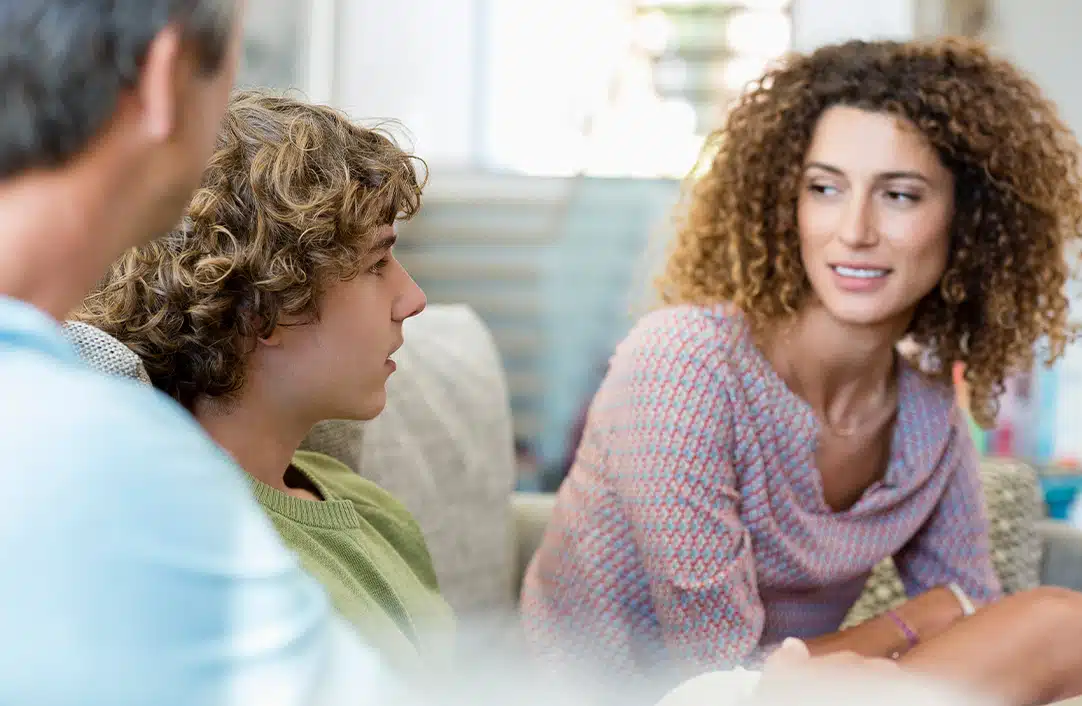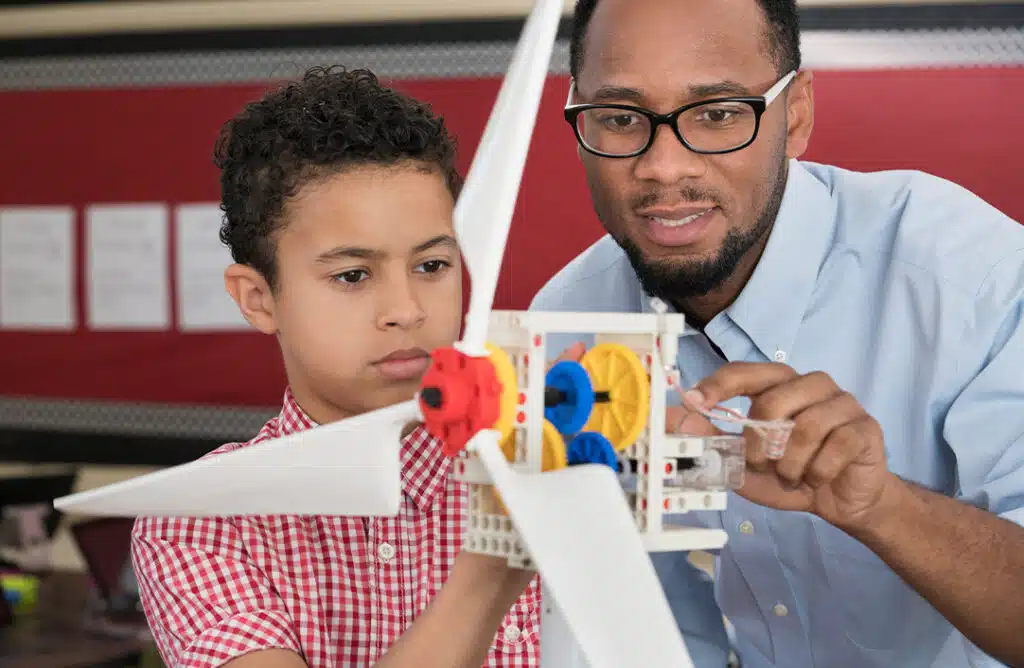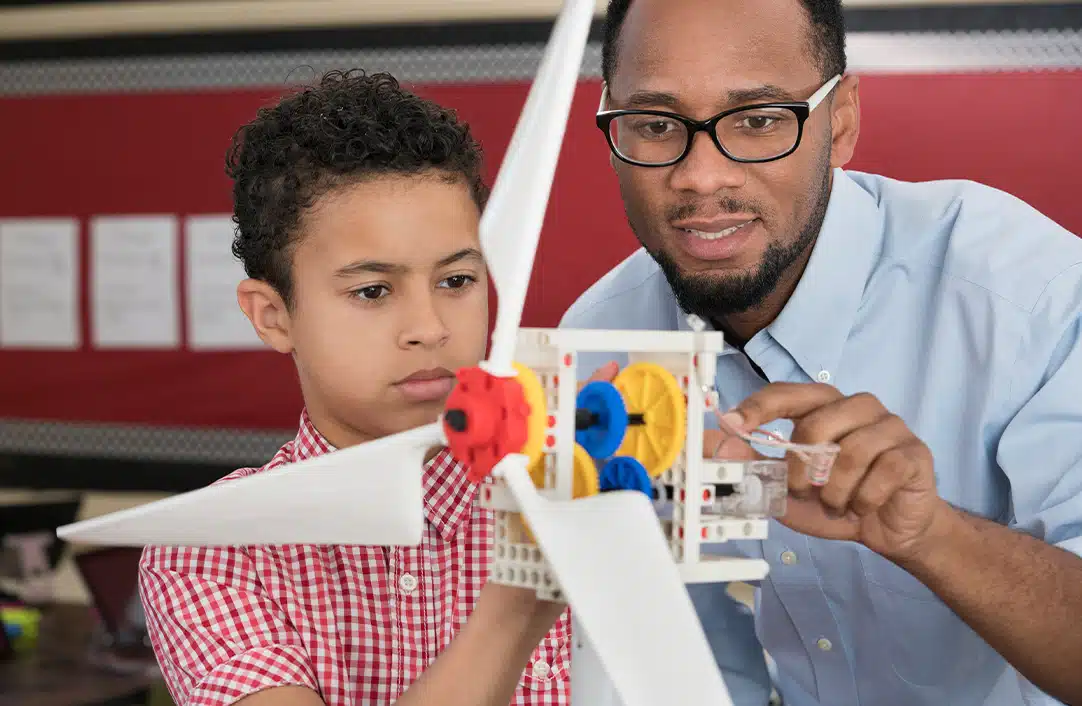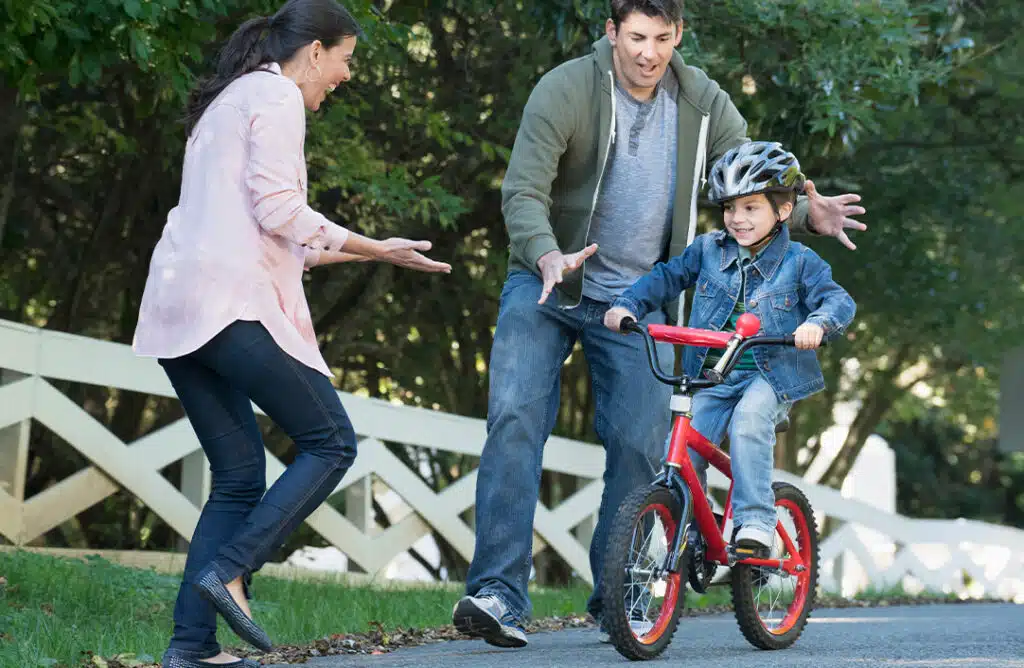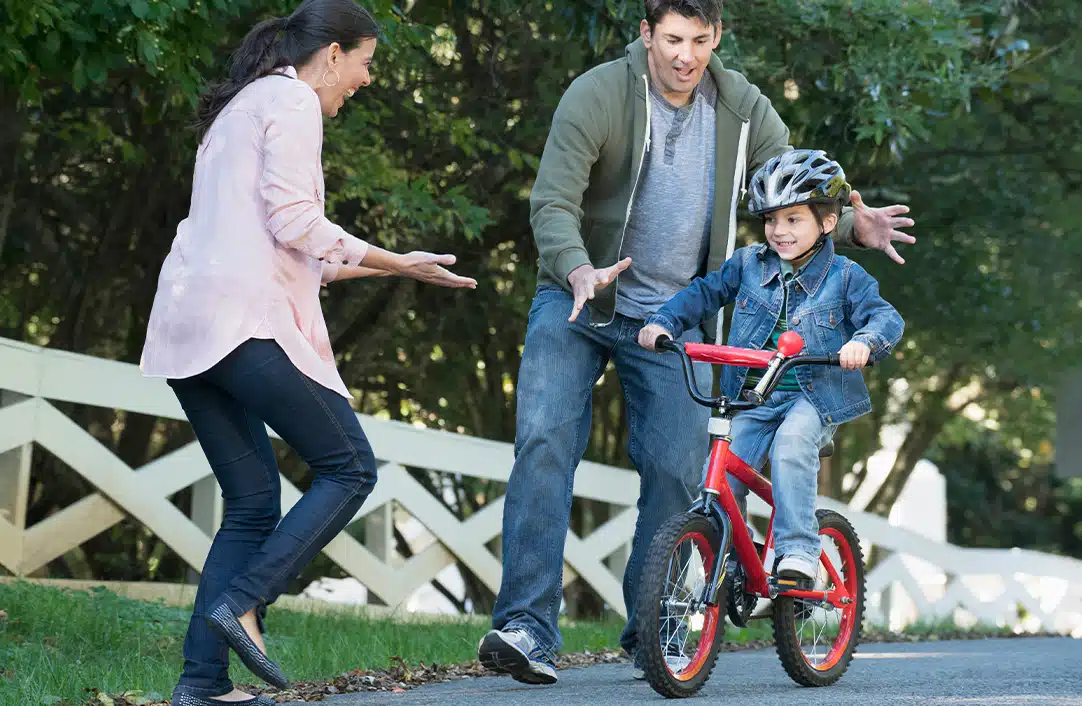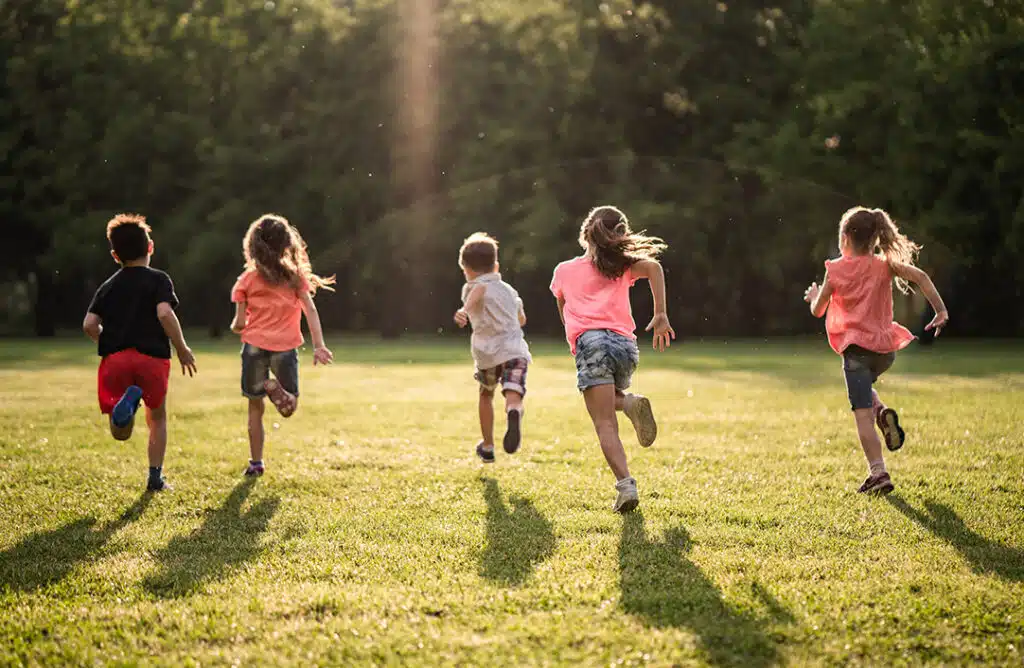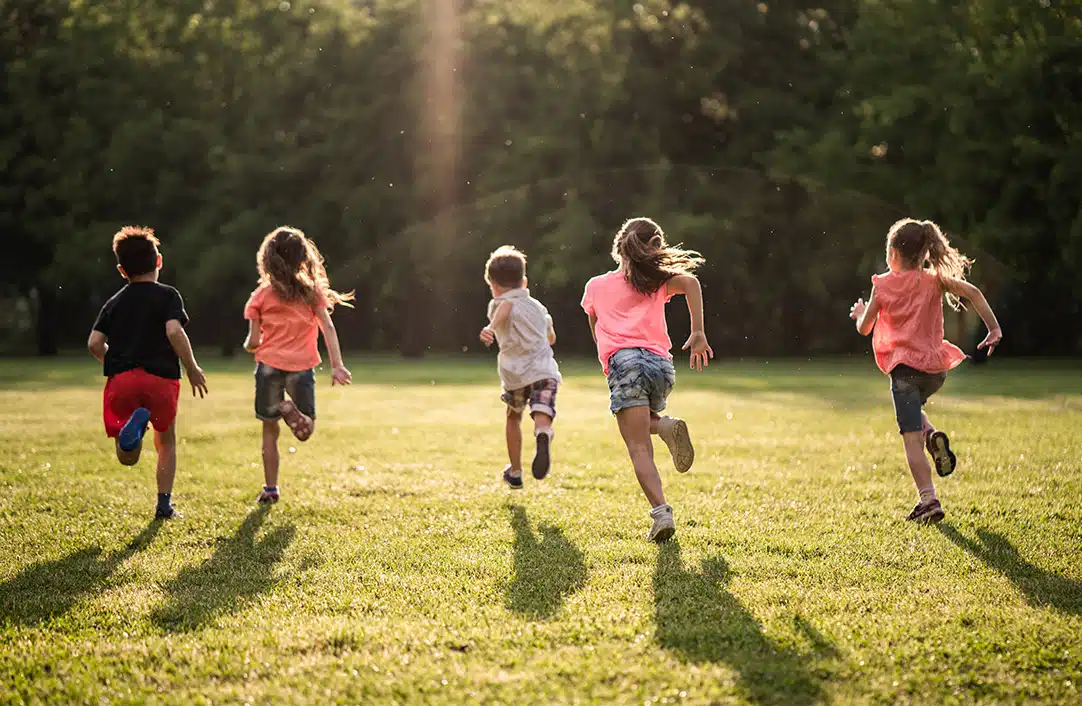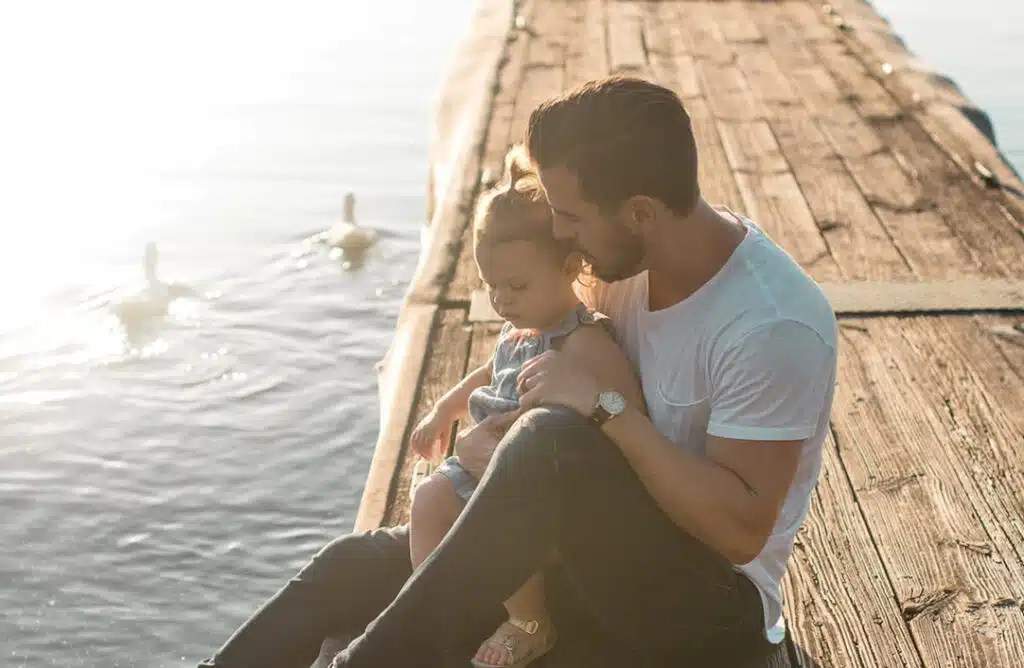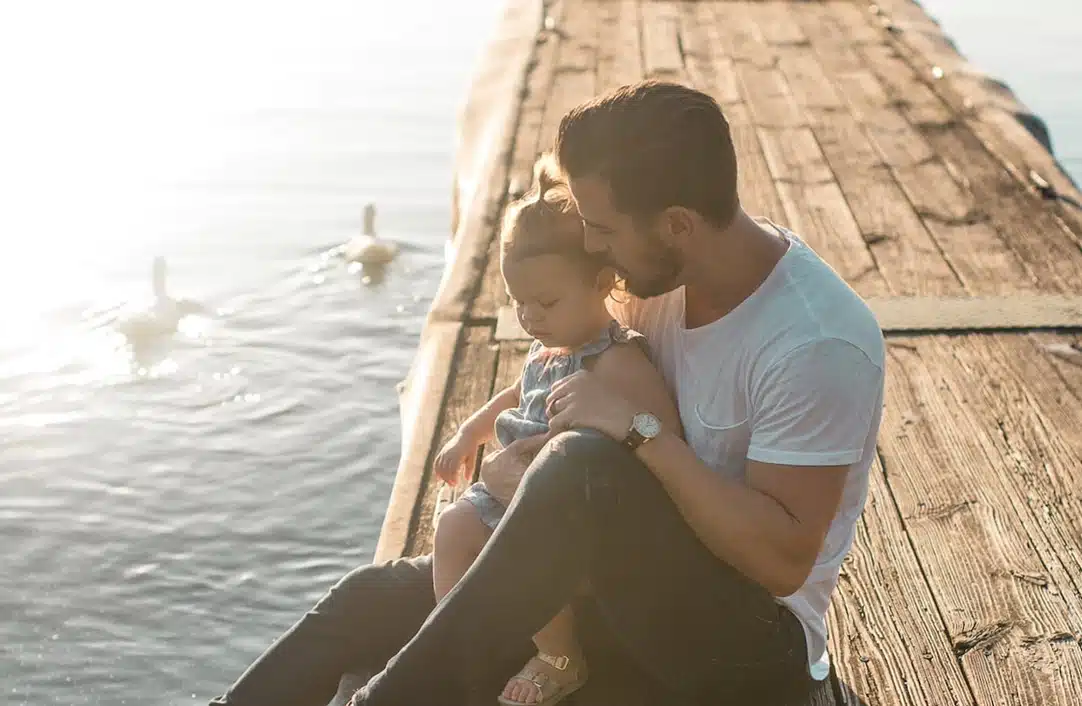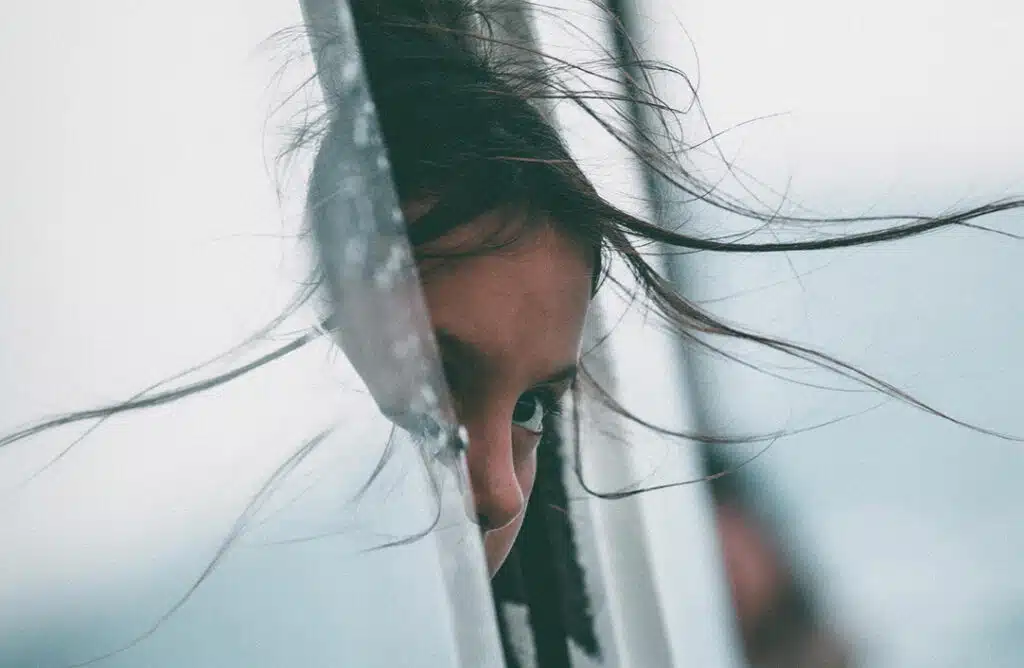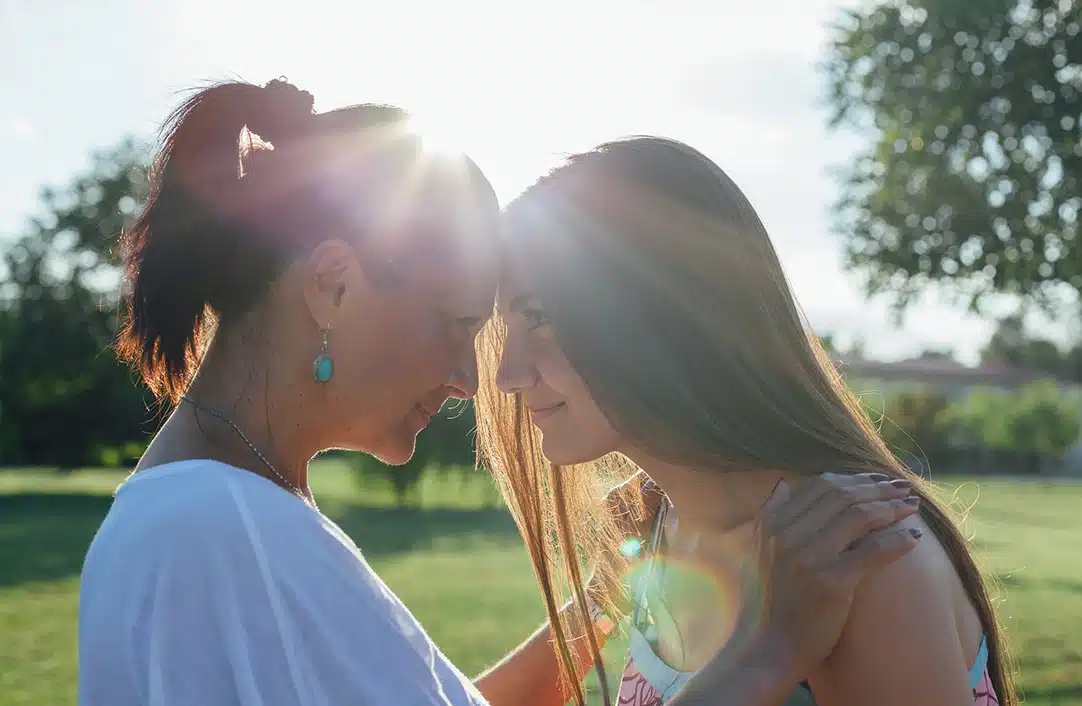

What to do if a Sex Offender Moves to Your Neighborhood?
Stay Calm
It can be easy to assume that it’s only a matter of time before something bad happens. While the threat of reoffending should be acknowledged, it’s possible for sex offenders to become productive members of their communities, especially if they are supported and supervised. Of course you want to be vigilant in protecting your child, but don’t panic.
Get Information
Talk to Your Kids and Neighbors
Provide a Supportive Community
Sex offenders who are being reintegrated into society generally want to be successful. They want to lead productive lives free from perpetrating, and the communities where they live can have an impact on their success. A study in the American Journal of Public Health observes that individuals with a criminal history reintegrate into society with more success when they have social support, housing, and employment. Understandably, you might want to isolate the offender in your neighborhood. You don’t need to interact in any way that makes you uncomfortable, but harassment and discrimination can make the risk of re-perpetrating worse instead of better. This person is a member of your community now, and your community will be healthier if all the members succeed.
Having a registered sex offender move in close by may not seem ideal, but don’t assume the worst about the situation. In all likelihood, the new person in your neighborhood wants the same things you do: a safe community filled with mutual respect. Be aware of the situation and sensitive to what’s going on, and you can feel confident that you’re doing what you can to keep your kids safe.Recent blogs

Male Sexual Abuse

What to do if a Sex Offender Moves to Your Neighborhood?
